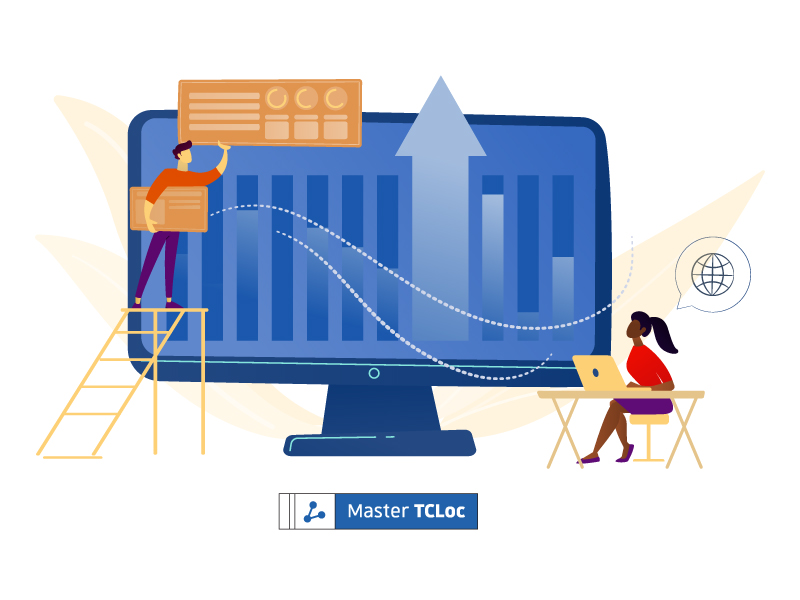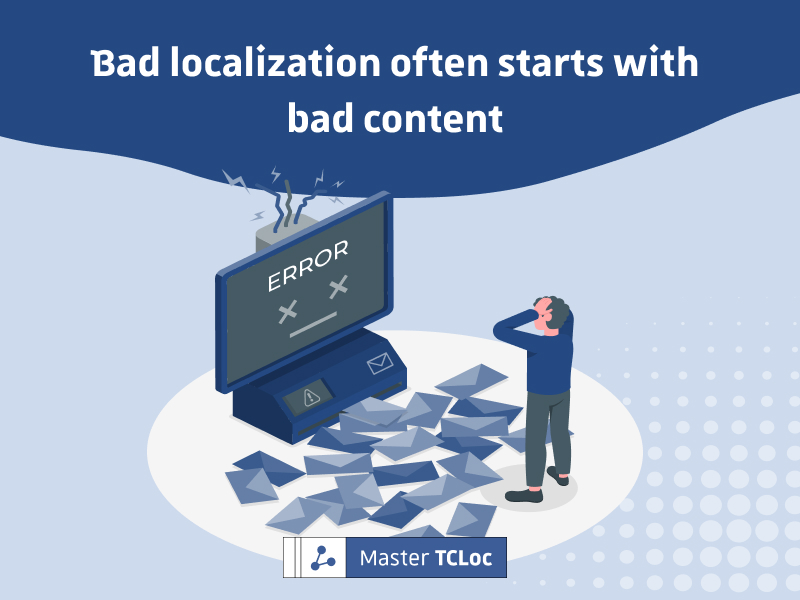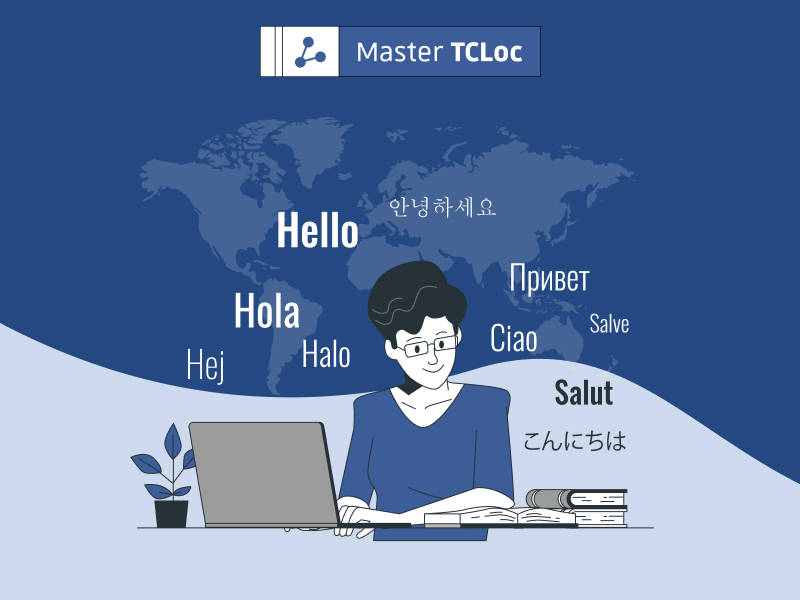A subject matter expert is an essential resource for anyone wishing to translate specialized content. Even seasoned translators can find themselves in situations where the source text is too complex. No matter how much time they have spent studying the subject in depth, some words or phrases may still be ambiguous. This is especially the case for highly specialized translations, such as technical translations.
The Advantages of Collaborating with a Subject Matter Expert
When it comes to translating a technical text, the source text is often translated for a specialist audience. If the translator has less technical knowledge than the intended reader, the latter may experience some confusion. To avoid this, a subject matter expert can facilitate the translation by helping the non-specialist translator to avoid errors.
First, the expert is able to provide precise and technical vocabulary. As obvious as it may sound, using correct and appropriate terminology markedly increases the quality of the translation, which is something the target audience appreciates.
Beyond that, most subject areas each have their own particular signs, nomenclatures, symbols, and abbreviations that are essential for providing precise explanations. A misunderstanding of these conventions can cause misinterpretations: this is a translator’s worst nightmare. The subject matter expert can ensure the correct use of these symbols or abbreviations. Likewise, specific concepts should be translated by using their correct technical names, rather than by lengthy descriptions. This allows the translator to avoid having to paraphrase, which might strike readers as unprofessional.
Another important aspect lies in the economics of translation projects. Getting a subject matter expert involved saves a lot of time and therefore money. Their knowledge can help the translator cut out hours of research and shortens delivery times, which is sure to be appreciated by everyone involved.
Another facet of this is that the subject matter expert can support the translation project by providing quick clarifications to both members of the team and clients. The team can avoid unnecessary back-and-forth, which is an additional stressor and a waste of valuable time. Subject matter experts can also settle any questions clients may have.
Last but not least, the subject matter expert can get involved in testing the translated content and can help with the final formatting.
What Types of Content are Involved?
As a translator, you quickly realize that technical translations are needed in a very wide range of applications. It’s not just user manuals that require technical expertise.
Many institutions use subject matter experts because they cannot afford even the slightest ambiguity in their translations. This is the case, for example, for the medical field, in particular the pharmaceutical world, where correct translations are crucial.
The construction field also has its share of highly technical vocabulary, as do fields like education and IT. These sectors often need to publish their content in several languages. An additional challenge for translators is continuous innovation, as not only do they need to know specialized terminology, they also need to keep up with new technologies and related developments.
There is yet another area where involvement of a subject matter expert is essential, namely the area of legal translation. Here the responsibilities are also very important, just like the volume of texts and the quantity of technical terms.
What are the Risks of Bad Translations?
Besides simple confusion, an incorrect translation can lead to serious risks in various fields. A sophisticated technology requires a precise technical translation adapted to the complexity of the subject. A subject matter expert brings their know-how to help the translator avoid finding themselves in one of the following situations:
- In marketing, the material can lose its appeal and influence. It may fail to connect with – or worse, possibly even offend or annoy – the new target audience.
- In the medical field, a patient can receive the wrong treatment, which can have potentially life-threatening consequences.
- Applications for patents or subsidies may fail, causing great losses to companies.
- In the legal field, a bad translation can mean a lost court case.
- In the industrial sector, poor communication can have serious consequences. Not only can it result in missed deadlines, it can also affect manufacturing, assembly, and handling. Misunderstanding a translation can also cause accidents.
As you can see, expertise is of utmost importance in technical translation.
Successful Collaboration between Translators and Subject Matter Experts
Ensuring a successful collaboration between translator and subject matter expert is crucial. Indeed, if the collaboration is not effective, the delivered product can be sloppy. Here are some tips for both sides to help teamwork go smoothly.
Translators must be professional and prepared. This involves punctuality, flexibility, diplomacy and above all familiarization with the subject. The translator must make an effort to understand the subject and attempt to gather as much information about it as possible. Relevant questions for the subject matter expert should be prepared in advance.
For subject matter experts, it is important to give translators time and bear in mind that their task is difficult. What counts is not just the quality of the information, but also the manner in which it is provided: complex information must be communicated in an understandable and structured way.
Conclusion
The relationship between the translator and the subject matter expert is fundamental for a successful translation. We have seen the risks involved, the benefits of a good collaboration, and the importance of what each side brings to the equation. Now it’s up to you to ask yourself: is my approach as a writer, translator, or subject matter expert optimized?
If you want to deepen your knowledge in the field of technical writing and start a career, check out the TCLoc Master’s program to find out more about our online master’s degree.



